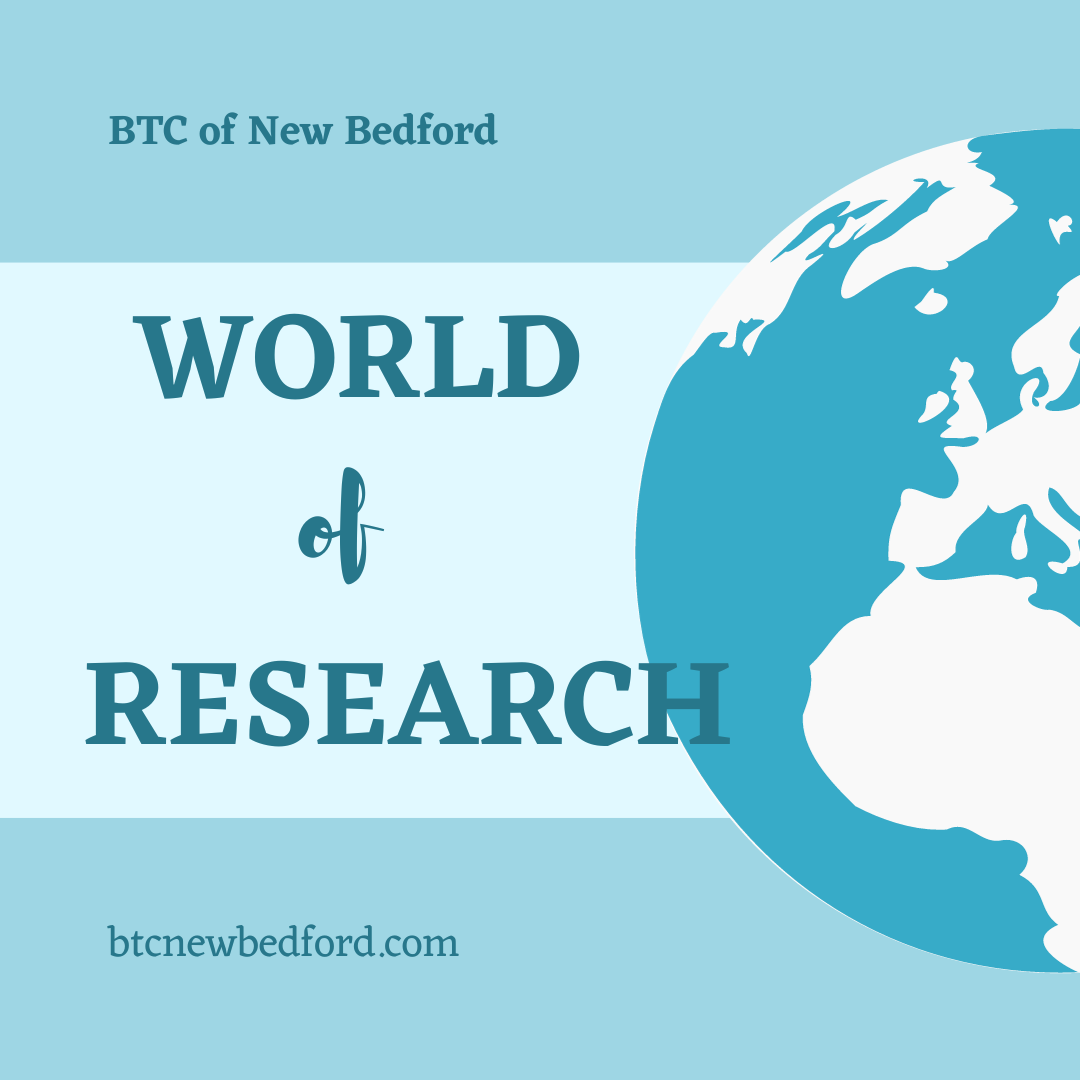Global health security is the collective efforts and measures taken by the international community to prevent, detect, respond to, and recover from threats to public health that have the potential to cross borders and affect people worldwide. The concept is to have activities and strategies that are aimed at safeguarding the health of populations on a global scale, particularly infectious diseases, pandemics, and other health emergencies.
Global health security is important in maintaining worldwide public health for several reasons:
- Interconnectedness of Global Health: In our highly interconnected world with extensive international travel and trade, an outbreak or epidemic in one part of the globe can rapidly spread to other regions. Global health security ensures a coordinated and collective response to mitigate the impact of diseases that can affect people worldwide.
- Preventing Pandemics: Global health security measures are crucial for preventing the escalation of localized outbreaks into global pandemics. By identifying and responding to health threats early, the international community can work together to contain the spread of infectious diseases before they reach pandemic proportions, saving lives and preventing widespread illness.
- Protecting Vulnerable Populations: Vulnerable populations, including those in low-resource countries, often lack the healthcare infrastructure and resources needed to respond effectively to health emergencies. Global health security focuses on capacity-building in these regions, improving their ability to detect, respond to, and recover from health threats, thus protecting vulnerable populations.
- Economic Stability: Health emergencies can have significant economic consequences, affecting trade, tourism, and productivity. Global health security measures the stability of the global economy by preventing and mitigating the impact of pandemics and other health crises, helping to maintain stable economic conditions across borders.
- Promoting Equity in Access to Healthcare: Global health security initiatives aim to reduce health disparities by ensuring that all nations have the necessary resources and capabilities to respond to health threats. This contributes to a more equal distribution of healthcare resources and helps address systemic inequalities in global health.
- International Collaboration and Information Sharing: Global health security relies on international collaboration and the timely sharing of information. The exchange of data, research findings, and best practices among countries and organizations enhances the global community’s ability to respond effectively to emerging health threats.
- Strengthening Health Systems: Investing in global health security strengthens health systems worldwide. This involves improving healthcare infrastructure, training healthcare workers, and establishing effective surveillance and response mechanisms. A global health security system benefits individual countries by enhancing their overall healthcare capabilities.
- Protecting Global Trade and Travel: Diseases can disrupt international trade and travel, leading to economic losses. By implementing global health security measures, nations can work together to protect these essential aspects of global connectivity while ensuring the safety of people moving across borders.
Recent events, such as the COVID-19 pandemic, have underscored the importance of a coordinated and well-prepared global health security system. The World Health Organization (WHO) plays a central role in facilitating international collaboration and providing guidance to member states in the context of global health security. The concept emphasizes the shared responsibility of nations to protect global public health and underscores the interconnectedness of health systems worldwide.
Therefore, global health security is critical for maintaining worldwide public health by encouraging collaboration, preventing pandemics, protecting vulnerable populations, promoting equity, and ensuring the stability of the global economy. It is a shared responsibility that recognizes the interconnectedness of nations and points out the need for a coordinated, proactive approach to address health threats on a global scale. Check out BTC of New Bedford’s enrolling clinical trials to see how you can make a difference in the world of research.

